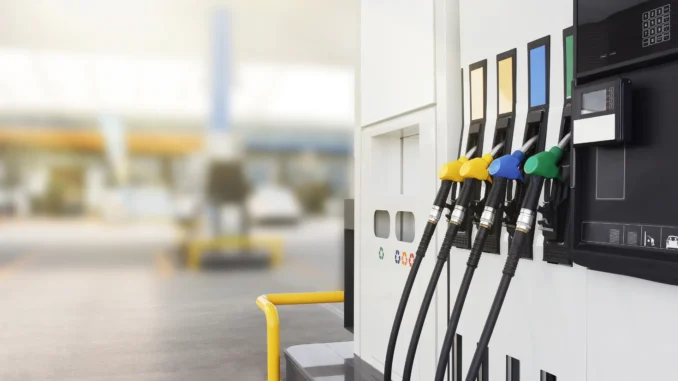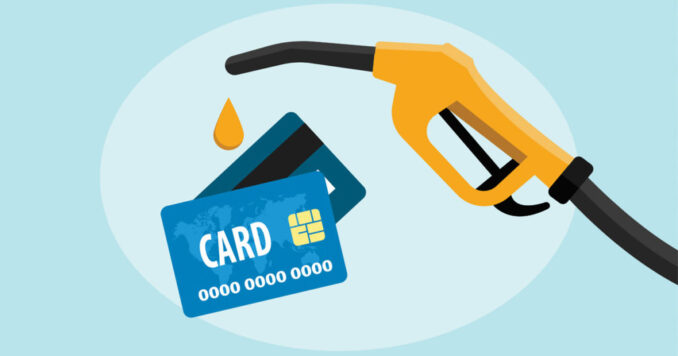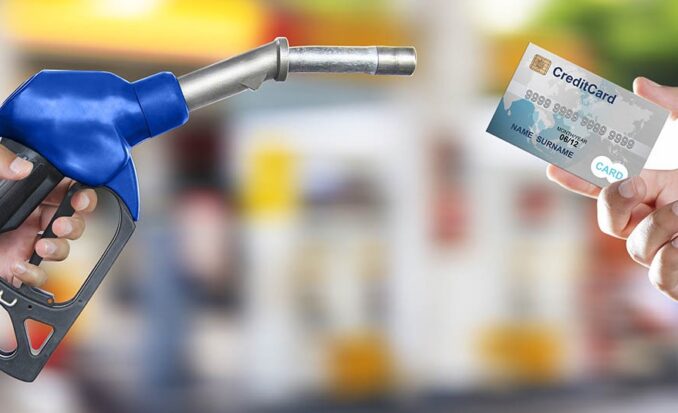In today’s fast-paced business world, companies seek solutions that can streamline operations, save money, and offer added convenience.
One such solution, especially for businesses that manage vehicle fleets, is the fuel card. But what exactly is a fuel card, and how does it work?
The Modern Solution for Business Fueling

Source: blog.empuls.io
A fuel card, sometimes known as a fleet card, is a payment card solely dedicated to the purchase of fuels, and occasionally, vehicle maintenance and related expenses. It resembles a credit card but is tailored to meet the specific needs of businesses, sole traders, or the self-employed. Its rising popularity can be attributed to the efficiency and control it brings to fuel management.
1. The Mechanics of a Fuel Card
Like any credit or debit card, a fuel card has a magnetic stripe or chip that contains pertinent information about the user and account. The card is presented at fuel stations that accept it, and upon purchasing fuel, the amount is either deducted from a prepaid balance or added to a credit line. Monthly or weekly statements provide detailed transaction records, making tracking straightforward and efficient.
2. Criteria for Eligibility
Not everyone can simply request a fuel card and get it instantly. It is designed primarily for businesses, sole traders, or those who are self-employed. This exclusivity ensures that the benefits offered cater specifically to the needs of these entities, rather than the general public, keeping its relevance and utility high.
3. Advantages for Businesses

Source:pinterest.com
For businesses, especially those with a fleet of vehicles, fuel cards offer an array of advantages. They provide a centralized billing system, allowing companies to receive a single, consolidated invoice instead of dealing with countless receipts. Moreover, with detailed transaction reports, businesses can monitor fuel consumption patterns, identify discrepancies, and even negotiate bulk discounts with fuel providers. Not to mention, they can also set purchasing controls, ensuring that the card is used strictly for business purposes.
4. Enhanced Security and Fraud Prevention
One notable advantage of fuel cards is the security they offer. Unlike conventional payment methods, fuel cards come with PIN protection and can even have vehicle registration numbers linked to them. This ensures that only authorized personnel can use the card. Moreover, suspicious transactions are flagged immediately, adding another layer of protection and helping to prevent potential fraud.
5. Cost Efficiency and Budgeting
Beyond mere convenience, fuel cards can be a critical tool in financial planning. With consistent data on fuel expenses, businesses can better budget and forecast future expenses. Some fuel card providers offer rebates and loyalty programs, which can result in substantial savings over time. The clarity in expenditures assists businesses in strategic planning and allocation of resources.
6. Environmental Benefits and Sustainability
The transition towards green and sustainable practices is becoming increasingly important for businesses worldwide. Fuel cards can play a pivotal role in this transition. By monitoring fuel consumption data, companies can identify vehicles that consume more fuel and possibly replace them with more fuel-efficient models. Some fuel card providers also offer carbon offset programs, allowing businesses to invest in environmental initiatives, furthering their commitment to sustainability.
Final Thoughts: Fueling the Future of Business Operations

Source: chevinfleet.com
Fuel cards are not just a payment method; they’re a strategic tool for businesses aiming to streamline operations, reduce costs, and embrace sustainability. For businesses, sole traders, or the self-employed, understanding and utilizing the full potential of a fuel card can pave the way for a more efficient, secure, and sustainable future, positioning them at the forefront of modern business operations.





